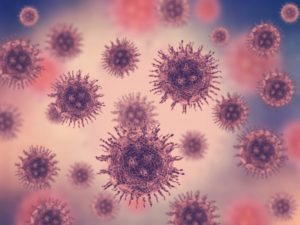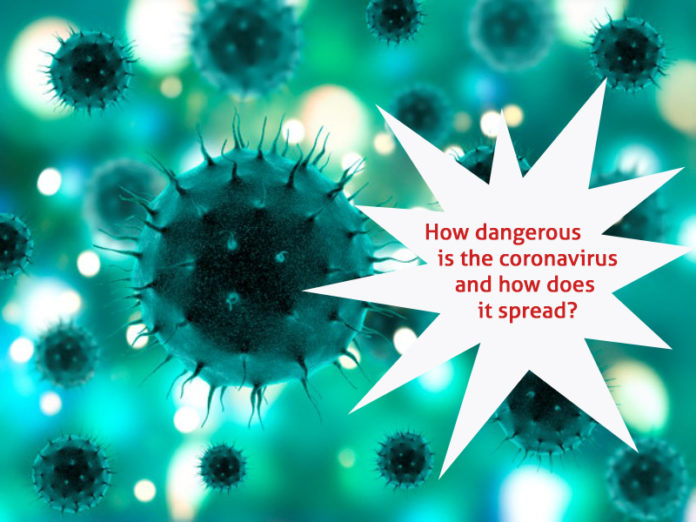Coronavirus has caused much worry worldwide and people are taking required measures to protect themselves from the virus. It began in China and has spread elsewhere.
Health is wealth as the saying goes and off late people across the world are much concerned about coronavirus. It is the “talk of the town”. World over people is much concerned about getting infected by the virus and are going around wearing a mask. The virus is deadly and has caused several deaths. Both young and old are prone to it, more so the former.
Scientists are making all efforts to understand the coronavirus disease, as Covid-19, which emerged in China in December is worrying people across the world. Though Covid-19 has had its peak in China, it is spreading rapidly elsewhere across the world. Public health experts fear the respiratory illness, which is believed to have started in a food market in Wuhan, can indeed become the most serious pandemic since the Spanish flu in 1918-19. The World Health Organization is making much effort to contain the infection.
Table of Contents
How dangerous is the new coronavirus?
Older people, whose immune defenses tend to decline with age, are more susceptible. Yet even the young are prone to it. To catch Covid-19, one needs to be physically close to someone shedding significant amounts of virus.
Respiratory infections do usually spread through the air by viral particles in droplets from a cough or sneeze. Health workers and family members are quite vulnerable to infection if they happen to be in close touch with patients suffering from the virus.
The incubation period between infection as well as symptoms appearing can range from two to about 14 days. About five days is most common, says WHO.

Can one catch coronavirus during air travel?
One can be sitting close to a person suffering from the virus. It is obvious that proximity is the main risk factor for infection and one is at risk of catching the virus while traveling to or from the airport by taxi or public transport. There is also, in fact, a risk of infection from the virus surviving on surfaces such as aircraft toilet doors or tray tables, so it is better to wash hands frequently while traveling and/or applying an alcohol-based hand rub.
Do masks provide much protection from infection?
Although wearing face masks has become socially obligatory in some east Asian cities affected by a coronavirus, the WHO does say healthy people do not need to wear a mask unless they are taking care of a person with suspected Covid-19 infection. It is better to wear a mask in public as people can be coughing or sneezing. The virus can cause death.
The most effective ways to protect oneself and others against Covid-19 are to clean the hands frequently, keep them away from one’s face, cover coughs as well as sneezes with the bend of one’s elbow or a tissue, and keep at least a meter away from people who are coughing or sneezing.
What happens when a person is infected?
The virus multiplies within the lower respiratory tract, where symptoms do develop. Early ones are fever and cough. Most people tend to recover within a few days. They may need a respirator to help them breathe.
School has been closed in some countries to protect the children from the virus. People have been quarantined and efforts are on to ensure that the virus does not spread and cause too many deaths. Necessary precautions need to be taken or else on is certainly at risk. also read here: Coronavirus Symptoms, Causes, Treatments

